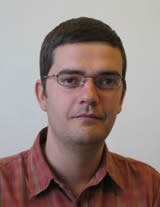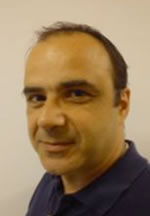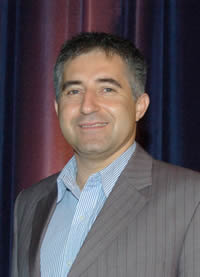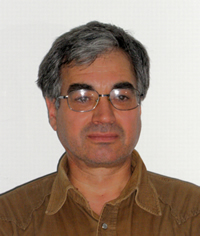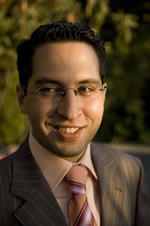
Swiss Space Systems Holding SA – S3, Switzerland Dr. Cem Asma studied Aeronautical and Aerospace Engineering at Middle East Technical University (Ankara, Turkey), where he got his BSc. and MSc. degrees. After working for a defense industry company as an R&D engineer, he moved to Belgium for higher education. He got his second Masters degree (Research Master in Aerospace) at von Karman Institute and he started working there as a researcher. He worked at von Karman Institute as a senior researcher and project manager for various aerospace projects that are supported by European Space Agency and European Commission, among others. In the meantime, he got his PhD degree from the University of Ghent in Belgium, performing an experimental research on hypersonic flows. Dr. Asma has also volunteered as the project coordinator for Space Generation Advisory Council, a non-profit NGO which aims to represent students and young space professionals to the United Nations, States, and space agencies. Currently he is the Head of Academic Projects at Swiss Space Systems with the main focus on the development of nano-satellites. Dr. Asma’s research activities focus on high-speed aerothermodynamics, measurement techniques and wind tunnel testing, plasma physics and re-entry flows, sensors and payloads on board of satellites and experimental spacecraft. Dr. Asma has been a key person in the initiation and management of the QB50 Project, where 50 CubeSats from universities all over the world form a network to perform scientific research in the lower thermosphere. Contacat: cem.asma(at)s-3.ch

